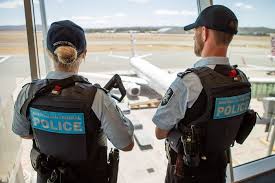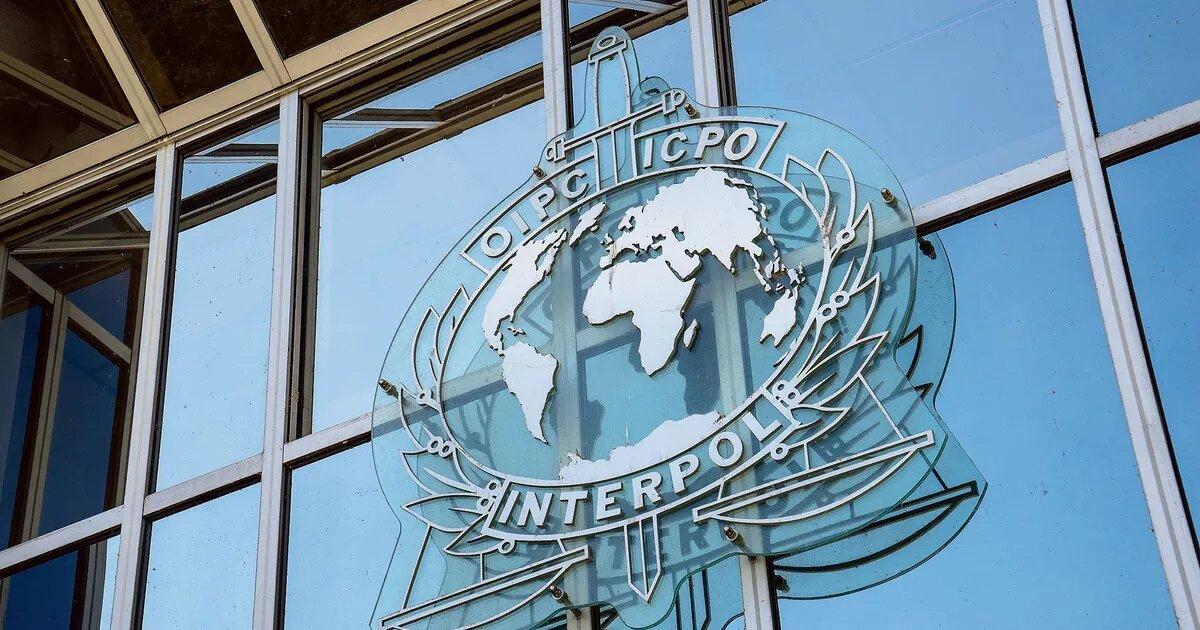Remuneration is an important aspect of any job. INTERPOL pays varying salary scales depending on the duty station. Note that the vacancy announcement outlines the job grade for every open position.
The allowances you receive from INTERPOL depend on factors like nationality, contract type, family status, and previous residential status. Types of allowances include expatriation, transport, and shift.
Let us first understand where INTERPOL gets its money from before looking at the earnings of INTERPOL’s employees.
Where Does INTERPOL Get its Money From?
Member countries must make annual statutory contributions to INTERPOL. The General Assembly sets the contribution amount based on each country’s economic strength.
Countries’ statutory payments are crucial for funding INTERPOL’s activities, including the General Secretariat, training, policing, and support. INTERPOL allocates funds based on activity priority.
Government agencies make the largest contributors to the voluntary funding to INTERPOL. International organizations, NGOs, foundations, and private sector entities also contribute to the INTERPOL.
Contribution to INTERPOL is not only in cash. Countries also contribute in kind, providing personnel, office equipment, and space for INTERPOL’S operations. France and Singapore have been the two highest contributors of in-kind support in recent years.
Does INTERPOL Pay for Healthcare?
Your health and overall well-being while at work is a vital aspect that significantly affects your productivity. Staff in all INTERPOL’s duty stations must enroll on private healthcare insurance.
INTERPOL encourages you to sign up for a comprehensive health care plan and subsidizes it for you and your spouse and children, the only dependents recognized.
Officers seconded by their national administration must show proof of medical insurance before being allowed to join INTERPOL.
Does INTERPOL Pay Relocation Expenses?
When joining the INTERPOL team, the organization refunds all the money spent on pre-employment medical tests, employment permits, and criminal record certificates.
INTERPOL provides support for house-hunting and facilitates travel to the duty station for those on fixed-term appointments, as per the contract terms.
For short-term contracts, INTERPOL covers the installation allowance for the first and last month. This allowance helps with your flight to the duty station upon joining and removal costs after the contract ends.
The national administration pays for the expenses of seconded officers.
So How Much Do INTERPOL Agents Make?
On average, an INTERPOL analyst earns $70,892 annually in the United States. Salaries vary based on location and roles. Each staff member receives 30 days of paid leave per year.
Useful articlces on issues with Interpol:







































